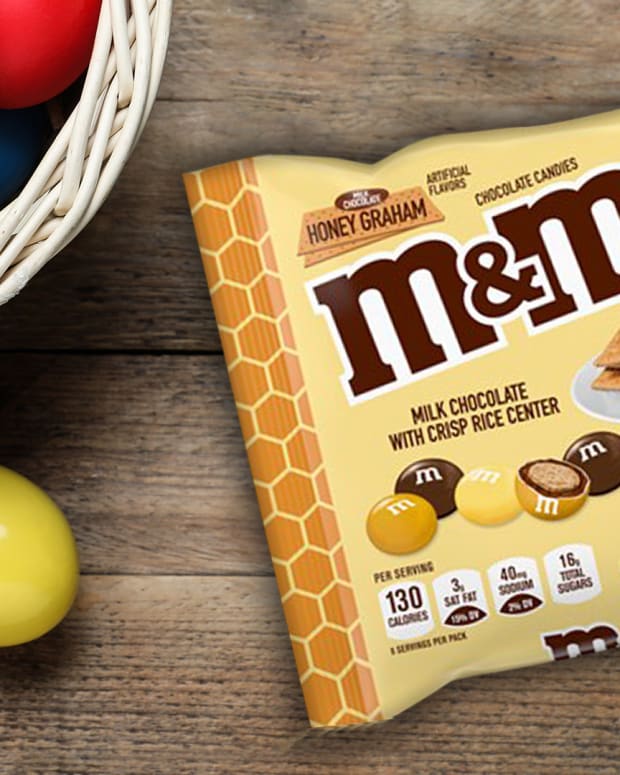As a business owner, you have many tax rules to follow to properly report your revenues and expenses. If you are an online retailer and accept credit card payments over the Internet, you may also have to deal with reporting any 1099-K forms that you receive from credit card or third-party processors. Accounting for these forms accurately is important to ensure that you do not pay too much or too little tax.
Get every dollar you deserve with unlimited tax advice from experts who know self-employment taxes inside and out. Whether you’re a freelancer, independent contractor, small business owner, or have multiple streams of income, TurboTax Self-Employed can help you uncover the industry-specific deductions you qualify for. Plus, you can get up to an additional $20 off when you file with TurboTax Self-Employed.
Purpose of the 1099-KIRS Form 1099-K came into existence as part of the 2008 Housing Assistance Tax Act—even though it has nothing to do with housing. This form endeavors to ensure that all online retailers are reporting sales for tax purposes. It requires credit card companies, such as MasterCard and Visa, and third-party processors, such as PayPal and Amazon, to report the payment transactions they process on behalf of retailers. Therefore, if you accept credit card payments online, you may end up with a 1099-K at the end of the year that summarizes all of your sales transactions with each processor.
Who gets a 1099-K?Most retailers who accept online credit card payments from customers will receive a 1099-K if its annual processing activity has met the following guidelines:
Through third-party processors, if the volume is over $20,000 AND if there were more than 200 individual transactions.In limited instances: If the sales volume is over $600 per yearUnder the American Rescue Plan, changes were made to Form 1099-K reporting requirements for third-party payment networks like Venmo and Cash App that process credit/debit card payments or electronic payment transfers. The change begins with transactions starting January 2022, so it doesn’t impact 2021 taxes. Beginning with tax year 2022 if someone receives payment for goods and services through a third-party payment network, their income will be reported on Form 1099-K if $600 or more was processed as opposed to the current Form 1099-K reporting requirement of 200 transactions and $20,000. This change could impact people working in the gig economy, online sellers, independent contractors, and other self-employed business owners.
If you have met these criteria, you will receive a copy of the 1099-K in the mail by January 31 of the following year. If you believe you should have received a 1099-K and have not received one by that date, consider contacting the processor to find out if it has prepared one for you. If the processor did not prepare a 1099-K, you should report your sales on Schedule C of the 1040 return and leave the 1099-K line blank.
Our TurboTax Live experts look out for you. Expert help your way: get help as you go, or hand your taxes off. You can talk live to tax experts online for unlimited answers and advice OR, have a dedicated tax expert do your taxes for you, so you can be confident in your tax return. Enjoy up to an additional $20 off when you get started with TurboTax Live.
1099-K versus the 1099-MISC (Now the 1099-NEC for nonemployee compensation)Prior to the implementation of the 1099-K, many businesses were required to provide a 1099-MISC form to many of their suppliers if they did more than $600 in business together annually. If the transactions occurred through credit cards or third-party processors, there is a possibility of these transactions being reported on both forms.
The IRS has directed that any 1099-MISC payments that are reported on a 1099-K should be reported on the latter form only and that a 1099-MISC need not be produced. However, in practice, many companies are still providing 1099-MISC forms. To avoid double taxation, keep detailed sales records and deduct any payments also reported on the 1099-MISC form from the 1099-K before reporting, and be prepared to explain the deductions to the IRS.
Reporting a 1099-K on your tax returnBeginning with the 2012 tax year, if you are self-employed, report your 1099-K payments on Schedule C on a separate revenue line. Consider performing a double check on your total business income by comparing the total revenue on Schedule C to your profit and loss statement from your accounting system.
If you are filing a Schedule F rather than C for farming, 1099-K payments are reported there. If you are not certain how many 1099-K forms you will be receiving, you may want to consider waiting to prepare your tax return until after January 31 – when you should have received all of these forms.
When you’re ready to prepare your business taxes, TurboTax has you covered:
TurboTax Self Employed—For sole proprietors, independent contractors, consultants, and single-owner LLCsTurboTax Business—For C-Corps, S-Corps, multi-member LLCs, and people managing an estate or trust.TurboTax Self-Employed will ask you simple questions about your life and help you fill out all the right forms. Perfect for independent contractors and small businesses. We’ll search over 500 tax deductions to get you every dollar you deserve and help you uncover industry-specific deductions.
